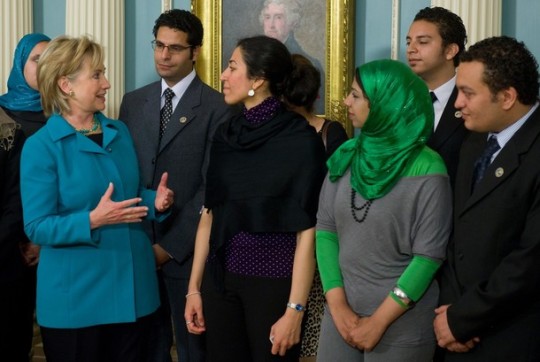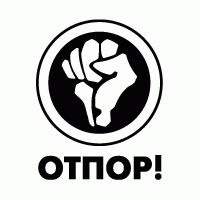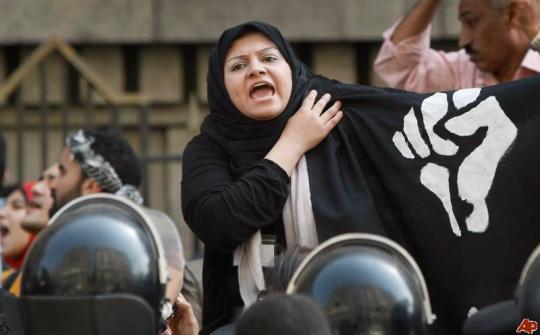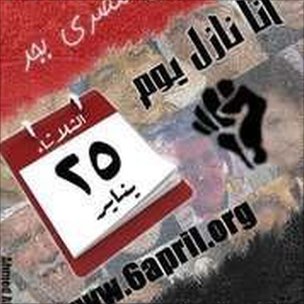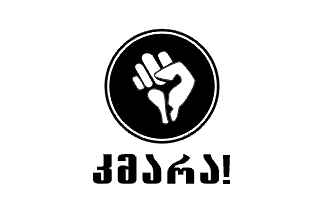Jan 30
20130
Foundations, Human Rights Watch, Humanitarian Agencies, NED | National Endowment for Democracy, Non-Profit Industrial Complex, USAID
AFL-CIO Center for International Private Enterprise Central Intelligence Agency (CIA) Ford Foundation George Soros Helsinki Watch Human Rights Watch (HRW) International League for Human Rights International Republican Institute Media National Democratic Institute National Endowment for Democracy (NED) Palestine United States Institute for Peace (USIP) urope and Central Asia Advisory Committee USAID Yugoslavia
FLASHBACK 2007 | Hijacking Human Rights | Human Rights Watch
August 03, 2007
by Michael Barker
In our increasingly public relations-driven world, it is of little surprise that cynical political elites regularly use the rhetoric of democracy, peace, and human rights to disguise their overtly anti-humanist policies. Why should we expect less of our leaders in a world where the corporate media wages a relentless war to manufacture our consent for ruling demagogues? Thus it seems a logical assumption that budding mind managers will attempt to pervert the very concepts that their voters/targets hold most dearly. That this doublespeak is rendered invisible in the mainstream media is a given, but the lack of debate about this process in the alternative media is more worrisome. →





